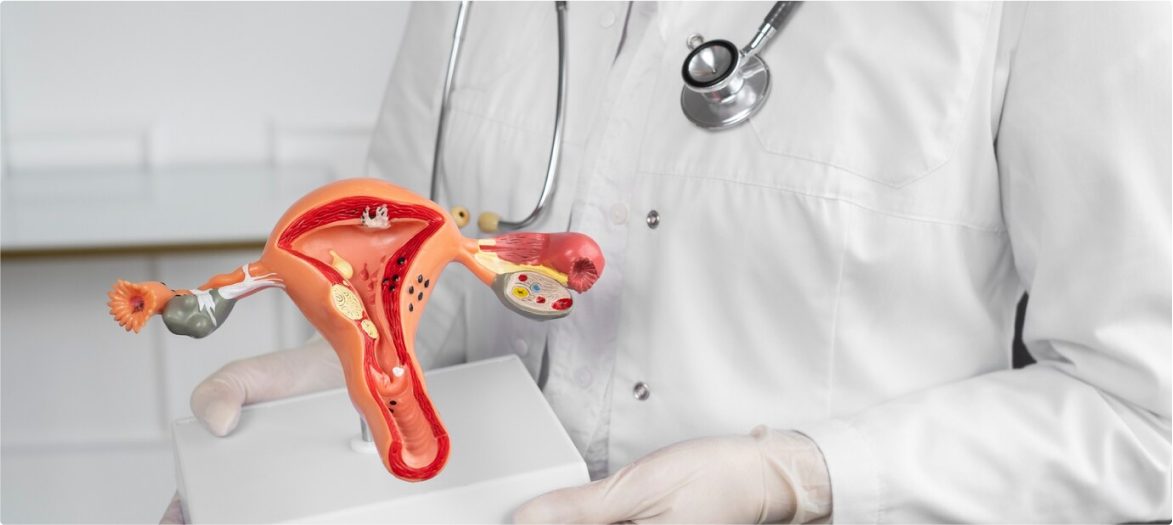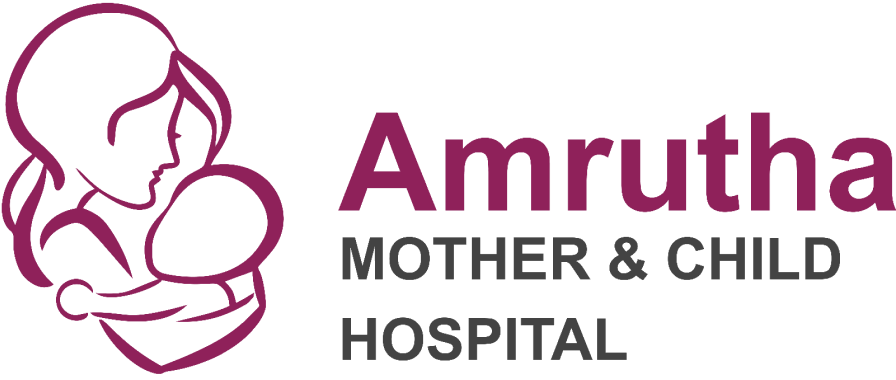

Best Gynecologist in Kakinada
Best Gynecologist in Kakinada services are essential for women seeking expert, compassionate, and comprehensive care at every stage of life. If you are looking for the best gynecologist in Kakinada, Dr. Amrutha is widely trusted for her patient-focused approach and clinical excellence. With extensive experience in adolescent care, fertility treatment, pregnancy management, and menopause support, she provides advanced and personalized gynecological care in Kakinada tailored to each woman’s needs.
Recognized as one of the best gynecologists in Kakinada, Dr. Amrutha leads a dedicated medical team committed to women’s health, safety, and long-term well-being.
Gynecology (Adolescent, Menopause)
Gynecology provides specialized care for women at all stages of life, from adolescence through menopause. At our clinic, led by an experienced gynecologist in Kakinada, we focus on managing hormonal, reproductive, and menopausal health concerns, offering personalized care to support each phase of a woman’s life. Whether addressing menstrual issues, fertility concerns, or managing symptoms of menopause, we ensure optimal care for every woman’s health journey.
Procedure in Gynecology (Adolescent, Menopause) Care
1. Adolescent Gynaecology:
Menstrual Health Management: Addressing irregular or painful periods, and offering guidance on hormonal balance.
Screening and Education: Providing education on reproductive health, safe practices, and early detection of conditions such as polycystic ovary syndrome (PCOS).
Fertility Guidance: Offering support for early fertility concerns, such as ovulation issues or irregular cycles.
2. Reproductive Health:
Family Planning and Contraception: Counseling on various birth control methods and providing long-term solutions like IUDs or implants.
Fertility Treatments: Addressing infertility with options like ovulation induction, intrauterine insemination (IUI), or laparoscopy for diagnosing reproductive conditions.
3. Menopause Care:
Hormonal Replacement Therapy(HRT): Managing menopause symptoms such as hot flashes, night sweats, and mood swings with HRT or non-hormonal alternatives.
Bone Health and Osteoporosis Screening:Regular monitoring and treatment for bone density loss during menopause.
Postmenopausal Care: Addressing issues such as urinary incontinence, vaginal dryness, and emotional well-being through counseling and targeted treatments.
4. Gynaecological Cancer Screening:
Regular check-ups, like pelvic exams, can help identify potential risks before symptoms arise.
5. Gynaecological Surgeries:
laparoscopy and hysteroscopy provide minimally invasive solutions for women’s health issues. Hysteroscopy treats uterine conditions without incisions, while laparoscopy offers less invasive options for reproductive organ surgeries. These techniques ensure faster recovery and better outcomes.
6. Infertility Treatments:
Infertility treatments offer hope and advanced solutions for couples on their journey to parenthood. From IVF to IUI, these treatments are designed to help you achieve your dream of having a family.
These procedures focus on providing comprehensive care and tailored solutions for women’s health across all stages of life, ensuring wellness and quality of life.
Key Considerations in Gynaecology
Reproductive Health: Regular checkups and screenings to monitor menstrual cycles, fertility, and overall reproductive health, addressing issues like irregular periods, infertility, and pelvic pain.
Hormonal Health: Managing hormonal imbalances related to puberty, menstrual cycles, pregnancy, and menopause, including conditions like polycystic ovary syndrome (PCOS) and thyroid disorders.
Menstrual Health: Addressing common menstrual concerns such as heavy bleeding, painful periods, or absent periods, as well as conditions like endometriosis and fibroids.
Sexual Health: Ensuring safe and healthy sexual practices, addressing concerns like sexually transmitted infections (STIs), sexual dysfunction, and contraception options.
Menopause and Postmenopausal Care: Providing support for the physical and emotional changes during menopause, including managing hot flashes, osteoporosis, and hormone replacement therapy (HRT).
Cancer Screenings: Routine screenings for gynecological cancers, such as cervical, ovarian, and uterine cancer, ensuring early detection and prevention.
Mental and Emotional Well-being: Addressing the psychological aspects of gynecological health, including managing anxiety, depression, and stress that may arise due to reproductive health challenges.
Frequently Asked Questions (FAQs) about Gynecology (Adolescent, Menopause)
1. When should adolescents have their first gynaecological visit?
The first visit is recommended between ages 13-15, primarily for education and establishing a relationship with the gynecologist.
2. What topics are covered during a gynaecological visit for teens?
Discussions typically include menstrual health, hygiene, contraception, sexually transmitted infections (STIs), and overall reproductive health.
3. Is it Normal for adolescents to have irregular periods?
Yes, irregular periods are common in the first few years after menstruation starts as the body adjusts to hormonal changes.
4. What are common gynaecological issues in adolascence?
Issues may include painful periods (dysmenorrhea), heavy bleeding, polycystic ovary syndrome (PCOS), and vaginal infections.
5. What changes should I expect during perimenopause?
Symptoms may include irregular periods, hot flashes, mood swings, vaginal dryness, and sleep disturbances as hormone levels fluctuate.
6. How is menopause officially diagnosed?
Menopause is diagnosed after 12 consecutive months without a menstrual period, typically occurring between ages 45-55.
7. What treatments are available for menopause symptoms?
Options include hormone replacement therapy (HRT), lifestyle changes, and non-hormonal medications for symptom management
8. How can I maintain bone health during and after menopause?
Consume adequate calcium and vitamin D, engage in weight-bearing exercises, and discuss bone density tests with your gynecologist.
9. What gynaecological screenings are recommended for women approaching menopause?
Screenings include mammograms, Pap smears, pelvic exams, and evaluations for osteoporosis or heart disease risk.
10. What should I seek medical advice for menopause-related symptoms?
Consult a gynecologist if symptoms like severe hot flashes, mood changes, or vaginal dryness significantly affect your quality of life.
